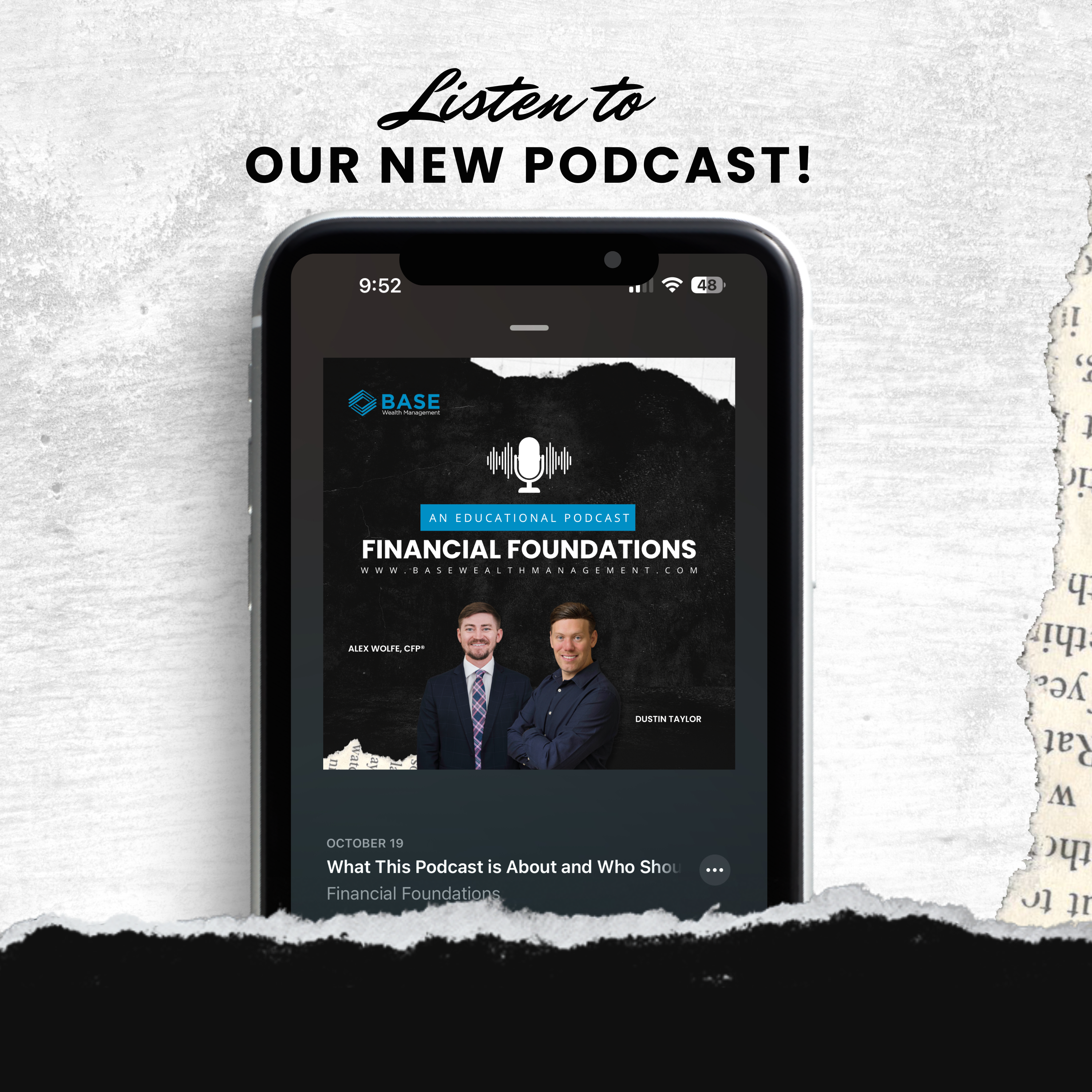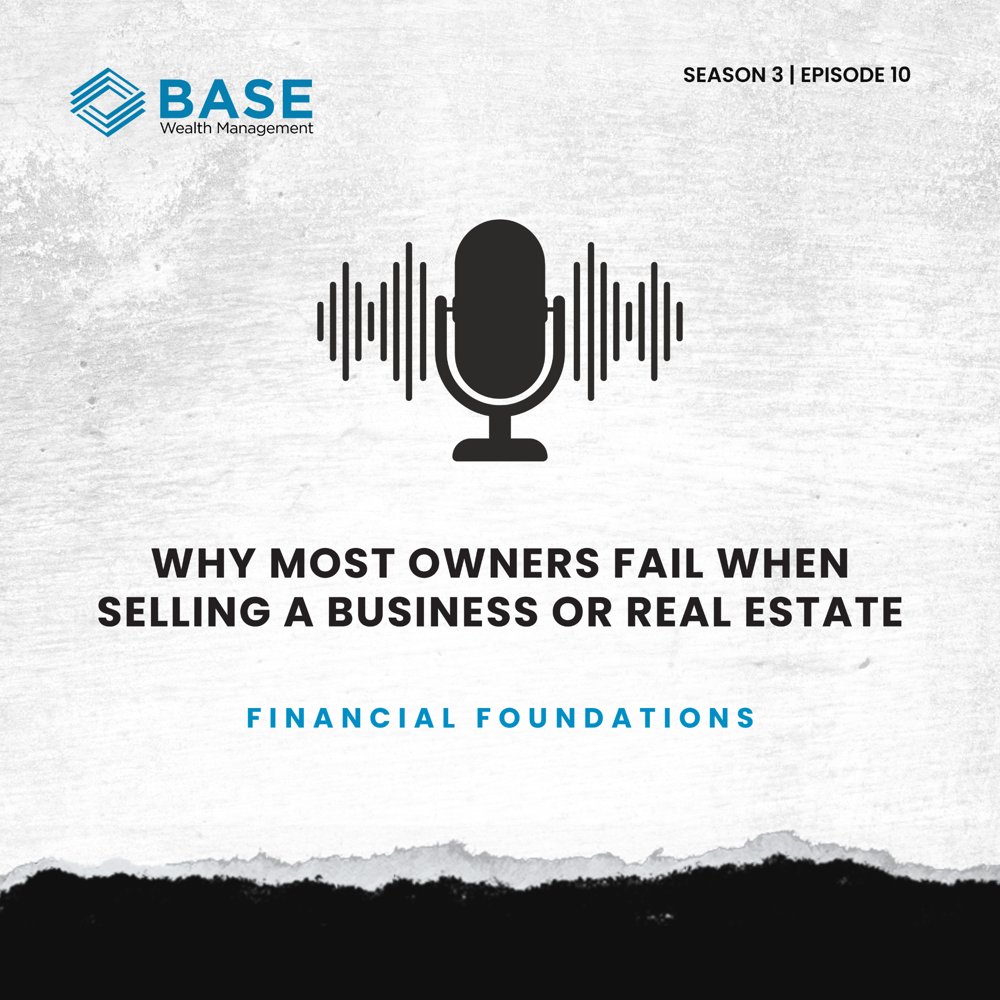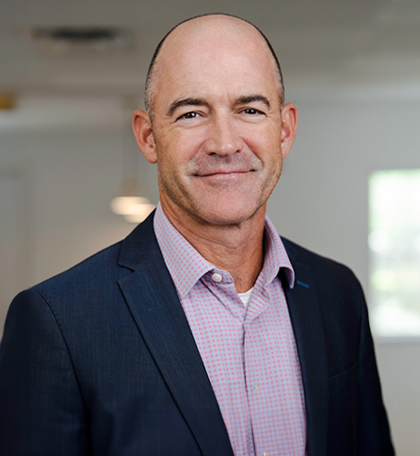Retirement should be a time of peace, freedom, and fulfillment but getting there requires more than just hitting a number in your savings account. As a financial planner, I’ve worked with countless individuals and couples navigating this transition, and one thing has become clear: retirement success doesn’t just happen. It’s built on awareness, preparation, and thoughtful decision-making.
And often, it’s not just about what you do but about what you avoid. In my experience, retirees can stumble when they don’t anticipate the full reality of retirement. That reality includes financial, emotional, and even social changes that can catch you off guard if you’re not ready.
Let’s take a closer look at some of the most common retirement mistakes I see and how you can steer clear of them.
Getting a Handle on Spending Before It’s Too Late
One of the first things people worry about is running out of money and with good reason.
“I would say that this is one of the biggest things that clients are concerned about when they come to us,” I’ve said many times. “How do they make their money last or how do they prevent from running out?”
Retirement doesn’t automatically mean a lower cost of living. In fact, many people find themselves spending more, especially in those first few years when there’s finally time to travel, eat out, or start that hobby you never had time for before.
I’ve worked with clients who never tracked their expenses while working, then struggled to manage withdrawals once that steady paycheck stopped. Retirement income planning isn’t just about how much you have saved; it’s also about how you draw from those savings in a sustainable way.
Whether you’re collecting Social Security, have a pension, or are taking withdrawals from a retirement account, the key is making sure you’re not overspending, especially early on. If you withdraw too much too soon, it can be difficult to recover later in life when you have fewer earning years left and possibly higher expenses.
The Hidden Price Tag of Healthcare
Another common mistake is underestimating healthcare expenses. People often think Medicare will take care of everything once they hit 65 but the years leading up to that can be financially draining if you retire early.
“If you’re retiring young, you’re going to have maybe several years before you get on Medicare. And those years in between could be very costly,” I’ve explained to clients.
Coverage through COBRA or the healthcare marketplace can run between $800 and $1,100 per person, per month or more, depending on your plan and location. And that’s just premiums. As you age, doctor visits become more frequent. You might need prescriptions, specialists, or even long-term care.
Even with Medicare, there are decisions to make, between traditional Medicare and Medicare Advantage, supplemental coverage, and prescription drug plans. For retirees who split their time between states or travel frequently, provider networks and out-of-pocket costs can vary widely.
Planning for these healthcare needs doesn’t guarantee you won’t face unexpected costs, but it gives you the framework to absorb them without throwing your entire retirement off track.
Forgetting About the Mental and Emotional Shift
One thing that often catches people off guard? The psychological adjustment that comes with retirement.
“Every day is Saturday,” I like to say. And while that may sound appealing, it can quickly become overwhelming without some structure, purpose, or social connection.
Many retirees struggle when they suddenly lose the structure of a workday. Some of the happiest clients I’ve worked with are those who eased into retirement gradually, whether by going part-time, consulting, or exploring hobbies before leaving the workforce completely.
Retirement should feel like a new beginning, but it also represents a loss of routine, identity, and in some cases, community. If you don’t have a plan for how you’ll stay active and engaged, it’s easy to fall into boredom or isolation, which can lead to unintentional overspending or even a decline in mental health.
The emotional component of retirement is just as important as the financial one. You don’t need a full itinerary every day, but having something to look forward to and people to share it with, makes all the difference.
Planning for the Life You Want—Not Just the One You Can Afford
It’s one thing to have a retirement budget but another entirely to align that budget with the life you actually want to live.
“The things that the financial plan can help account for is… are some of those lifestyle changes big enough that there’s an expense you would incur?” I often ask.
Maybe you want to travel more, join a golf club, or help support your grandchildren. Maybe your ideal day includes dinners out, live music, or seasonal trips to visit family. Your plan should reflect those priorities, not just aim to reduce spending.
For others, retirement might be more modest, filled with free activities like beach days, hiking, community events, or volunteering. Both approaches are valid. What matters is clarity around what matters to you, and whether your plan supports that vision.
When we build financial plans at Base Wealth Management, we don’t just ask what you need, we also ask what brings you joy. Because the most successful retirees aren’t necessarily the wealthiest, they’re the ones whose money supports a meaningful life.
Neglecting Estate and Legacy Planning
Another big misstep I see is when people don’t put estate planning documents in place or assume they don’t need to yet.
“One of the biggest [mistakes] is not having an estate plan or healthcare plan,” I tell clients regularly. “You want to make sure that you’ve got the proper legal documents in place to make that transition of your assets to those individuals as easy and as seamless as possible.”
It’s easy to delay this kind of planning. After all, it’s not the most enjoyable topic. But having a will, healthcare proxy, and financial power of attorney in place can save your family from unnecessary stress or conflict during a difficult time.
I’ve seen cases where a lack of documentation led to lengthy legal battles, delayed medical decisions, or unintended consequences for beneficiaries. On the flip side, clients who keep their estate plans current offer their loved ones a gift: peace of mind and clarity when it matters most.
And remember, estate planning isn’t just about what happens when you’re gone, it also helps ensure that someone you trust can act on your behalf if you become incapacitated. That’s a form of protection that benefits both you and your family.
The Bottom Line: Retirement Is a Journey, Not a One-Time Event
If there’s one takeaway I hope you leave with, it’s this: retirement isn’t a single decision, it’s an evolving process.
What works for you in your early 60s might not serve you in your 70s or 80s. Your health may shift. Your family dynamics may change. The economy and markets will certainly fluctuate. A rigid plan may not hold up in a flexible world.
That’s why we help clients build retirement plans that are resilient and responsive. It’s not about having all the answers right now, it’s about asking the right questions, staying adaptable, and making course corrections as needed.
If you’re unsure whether your current plan addresses all these dimensions—spending, healthcare, lifestyle, estate planning—it might be time for a check-in. At Base Wealth Management, our goal is to help you align your finances with the life you actually want to live.
For tools, videos, and educational resources to help you plan smarter, visit our resource center. And when you’re ready to talk, we’re here to listen.
There are no guarantees in retirement but with the right perspective and planning, you can approach it with clarity, confidence, and purpose.



















